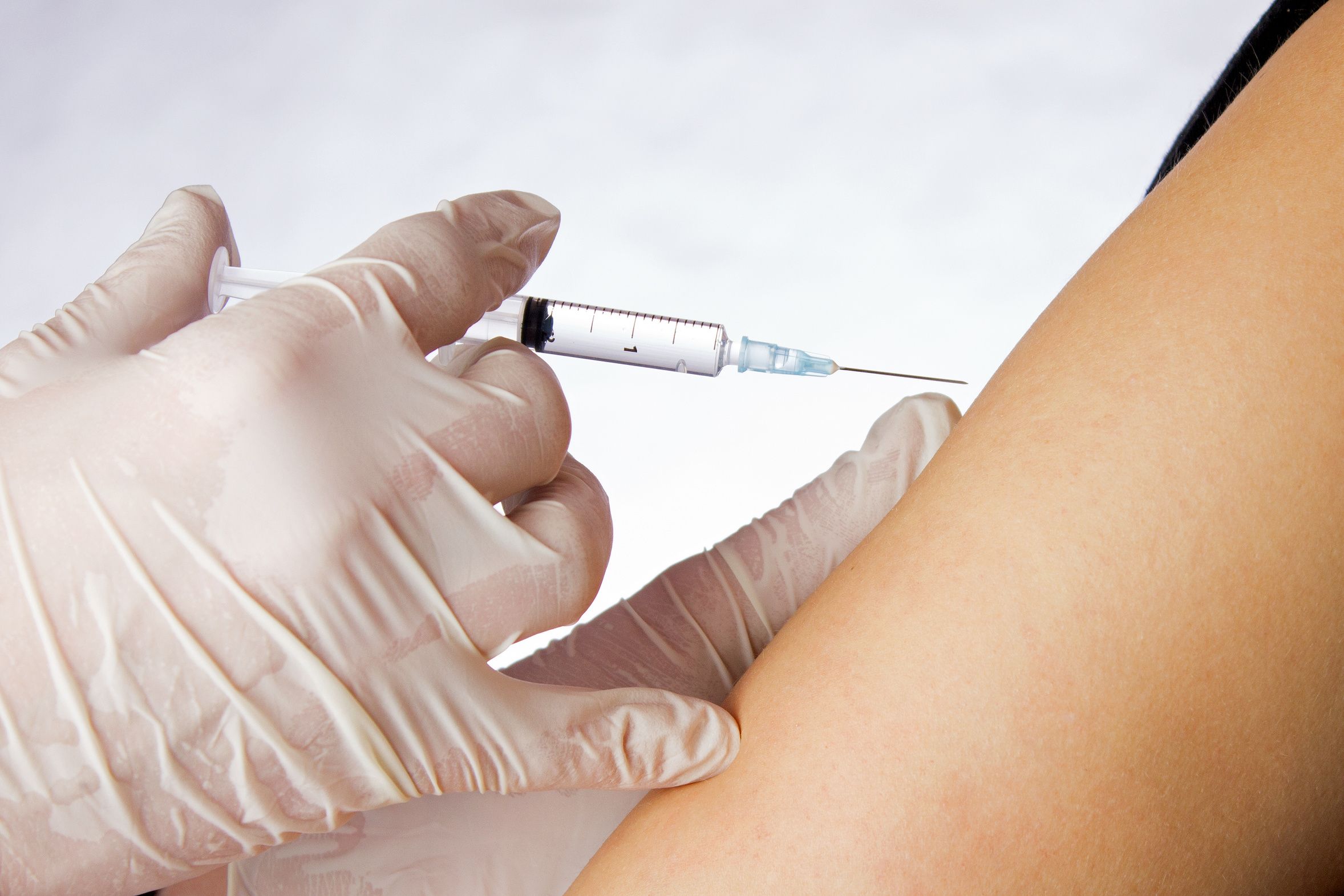
(Vienna, 6 September 2017) A six-year long-term trial in women aged between 16 and 26 has confirmed the long-term efficacy of a vaccine – jointly developed at MedUni Vienna and licensed in 2015 – against nine subtypes of HPV (human papilloma virus). It has the potential to prevent 90% of all cases of disease triggered by the human papilloma virus. The results of the trial have now been published in "The Lancet".
The new vaccine is 20% more effective than the first generation of HPV vaccines in preventing cervical cancer, up to 30% more effective in preventing the precursors of cervical cancer and between 5 and 15% more effective in preventing other types of HPV related cancer (e.g. vaginal or anal carcinoma).The level of protection is up to 98% against the vaccine types.
The interim results published in 2015 were already so promising that the vaccine was licensed and has been available since May 2016. The vaccine is not only licensed in the USA, Western Europe and also in several Eastern European countries, it will be available in Australia and many other countries soon. Vaccination against HPV has been part of the Austrian school vaccination programme since 2014, and the new vaccine is used since September 2016 and is offered free of charge to boys and girls from the fourth grade upwards.
This vaccine is one of the best researched and safest vaccines ever, explains study author Elmar Joura from MedUni Vienna's Department of Obstetrics and Gynecology, adding: "Given good vaccination coverage, it will be possible to eliminate HPV-related diseases in the future."
A further trial is now to be conducted to investigate the immunogenicity of the vaccine in women aged up to 45 years.
About HPV
Human papilloma viruses (HPV) infect the epithelial cells of the skin and mucous membranes and can cause tumorous growth. Some of these viruses also cause malignant tumours, particularly cervical cancer in women. But HPV infections can also cause cancers in men. So far, more than a hundred HPV subtypes have been identified.
In Austria, up to 400 women a year develop invasive cervical cancer, with HPV being responsible for more than 90% of these cases. According to Statistik Austria, 150 – 180 women [a year] die from cervical cancer. In addition, around 6,000 women a year have to go to hospital for removal of precancerous cells that could lead to cervical cancer.
Five research clusters at MedUni Vienna
In total, five research clusters have been established at MedUni Vienna. In these clusters, MedUni Vienna is increasingly focusing on fundamental and clinical research. The research clusters include medical imaging, cancer research/oncology, cardiovascular medicine, medical neurosciences and immunology. In terms of content, this work falls within the subject area of the oncology cluster.
Service: Lancet
Efficacy, immunogenicity, and safety of a nine valent human papillomavirus vaccine in women aged 16-26 years final analyses of a randomised, double blind trial – Warner K. Huh, Elmar A. Joura, Anna R. Giuliano, et al; Lancet, http://dx.doi.org/10.1016/S0140-6736 (17)31821-4.
A 9-valent HPV vaccine against infection and intraepithelial neoplasia in women. – Elmar A. Joura, Anna Giuliano, Ole-Erik Iversen, et al.; N Engl J Med 2015;372:711-23. doi:10.1056/NEJMoa1405044.